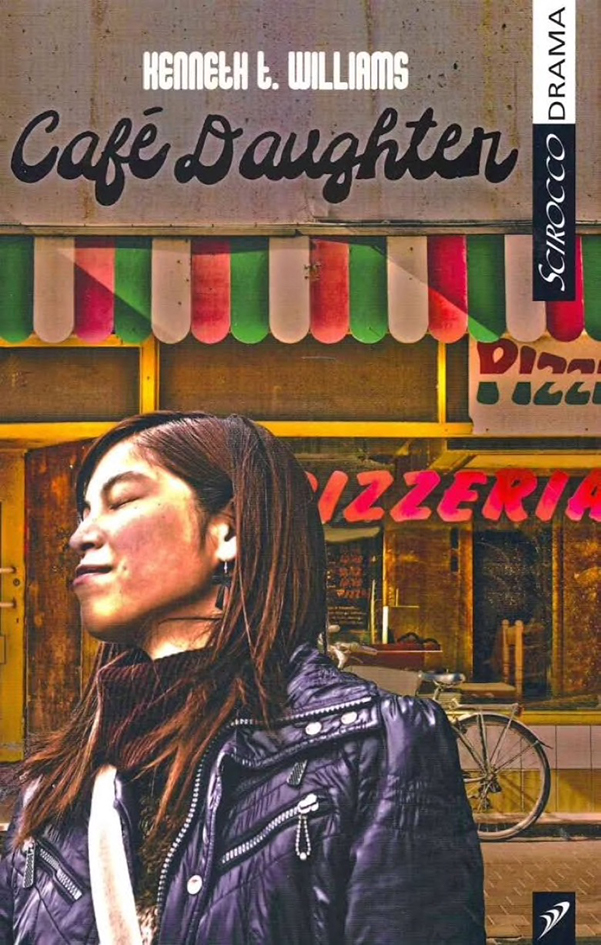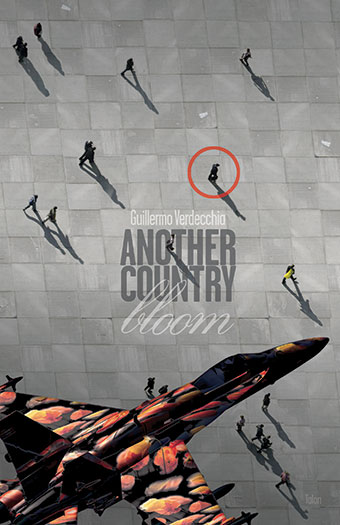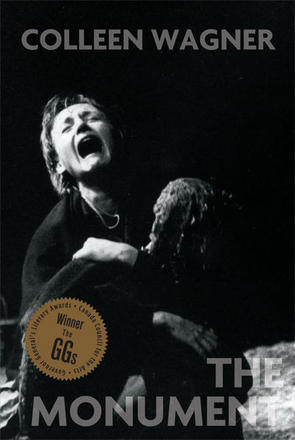
Solo show
Café Daughter
One woman play about a Chinese Cree Woman growing up in Saskatchewan in the 1950's and 60's who overcomes prejudice to realize her goal of becoming a doctor.

Bloom (the title is taken from a line in Paul Celan’s poem, “Psalm”: “we bloom in thy spite”), overflows with images from T. S. Eliot’s The Waste Land (“hooded hordes swarming over endless plains, stumbling in cracked earth,” among others), and seems utterly contemporaneous with his first, in the context of the current destruction of Afghanistan and Iraq, part of the larger effort of an international reorganization of the world we know as “The War on Terror.” "A war orphan and a war veteran live on the fringes of a ruined world – one is trying to remember, while the other is trying to forget. a humorous and haunting story of despair and hope played out between an old man with a decaying soul, and the boy who may bear the seeds of his redemption." - quoted section from buddiesinbadtimes theatre
-
-
-
-
-
-
-
2006, Modern Times Stage Company, Toronto
2007
Talon Books
9780889225701
Included in "Another Country / bloom", which includes another play from the same person
Included in "Another Country / bloom", which includes another play from the same person

Solo show
One woman play about a Chinese Cree Woman growing up in Saskatchewan in the 1950's and 60's who overcomes prejudice to realize her goal of becoming a doctor.

Realistic
Stetko is the model boy next door and the son of middle-class parents, but when war arrives it forever changes his life. Although he does nothing more than follow his commanding officer's orders, when the war is over he stands accused of terrible crimes. A profoundly affecting two-person drama that reminds us of the faceless horror of war, and of the guilt which whole nations must carry on their shoulders. Wagner's play goes to the heart of man's inhumanity in war time.